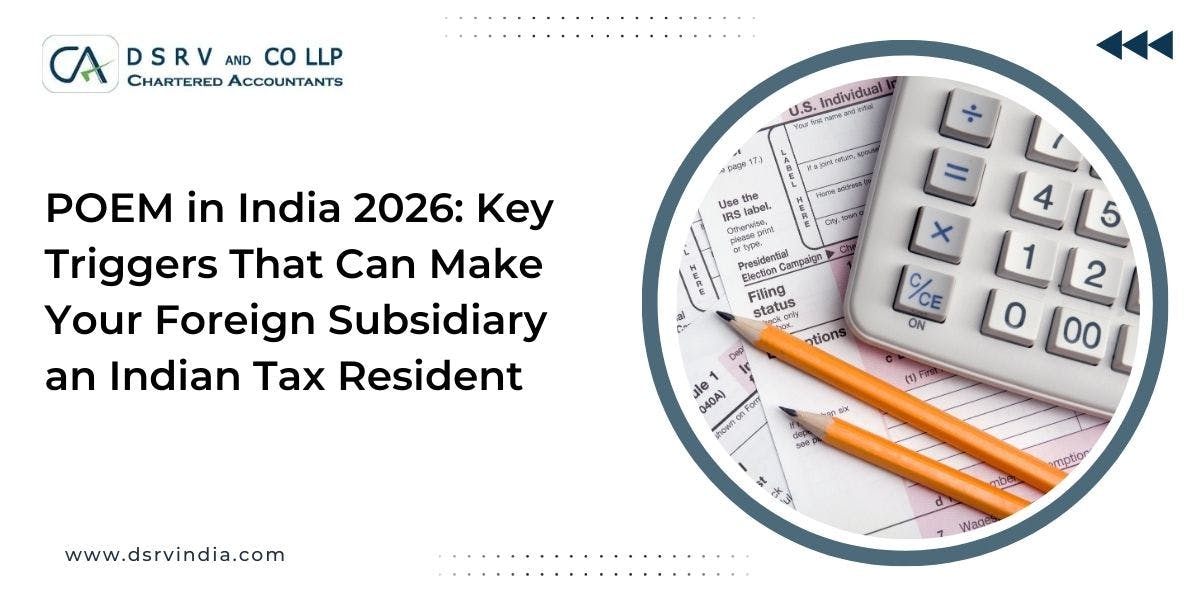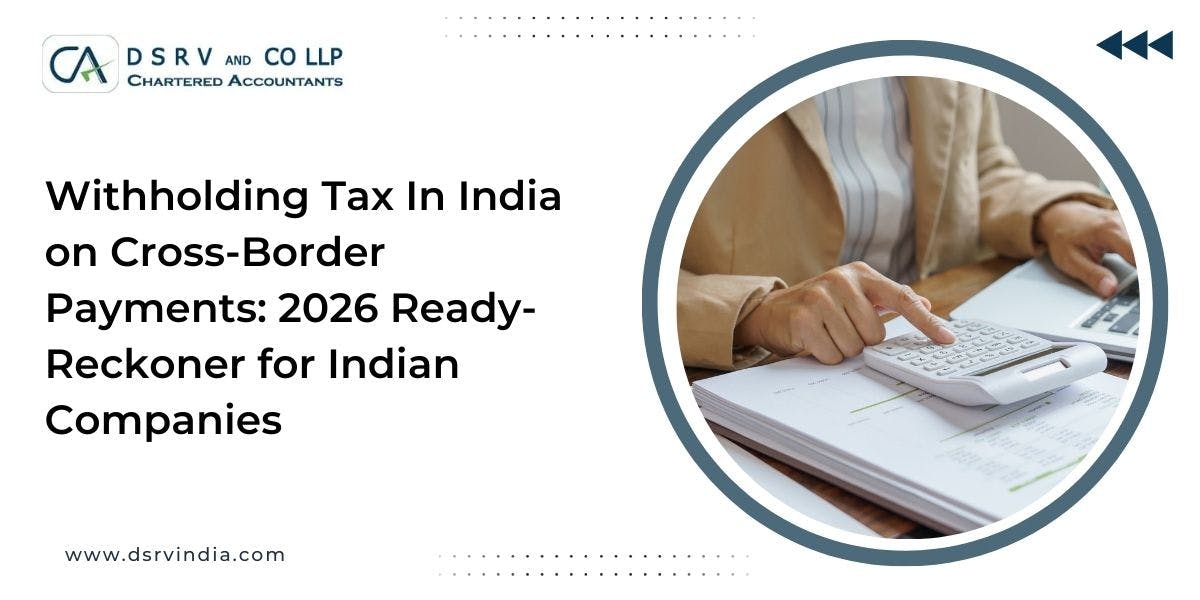What Is Cross Border Merger And Acquisition?
A cross-border merger or acquisition occurs when a company from one country purchases or merges with another company from another nation in the world. This is considered to be the best strategy for businesses looking to develop globally without starting from scratch. In the process of cross-border mergers, a foreign company takes control of the assets and activities of a local company, turning it into an affiliate of the former.
Cross-border mergers and acquisitions have emerged as a desirable path for businesses aiming to boost their growth and improve their position in the global market. One of the best examples of cross border mergers in India is the merger between TATA Steel from India and US-based company Corus. The Ministry of Corporate Affairs in India has legally permitted cross border merger and it has been practically implemented since April 13, 2017. You can get in touch with our experienced tax consultant in Gurgaon who can help you overcome the challenges of cross border mergers and acquisitions.
Gain Insight On : WHAT IS TAX LITIGATION IN INDIA BY DSRV INDIA: A COMPLETE GUIDE
Let's take a look at the types of cross-border mergers and acquisitions include -
Outbound Merger
An outbound merger is a company law in which a company from one country merges with or acquires another company from a different nation.
Inbound Merger
In this type of cross-border merger, a company from outside the country merges with Indian companies, to leverage the target company's local market, resources, or strategic advantages.
Know Some Important FEMA Rules : KEY FEMA RULES EVERY NRI SHOULD UNDERSTAND [2023]
Factors Affecting Cross Border Mergers And Acquisitions
- Cross-border amalgamation is being driven by increased global competition, which is encouraging companies to seek strategic partnerships for market dominance and increased competitiveness.
- The rapid evolution of technology also plays a major role in encouraging cross-border M&A, as companies aim to acquire or merge with tech-savvy competitors to stay ahead in terms of innovation.
- Changes in production structures can also spark cross-border M&A activity as corporations strategically acquire or combine with organizations that complement their evolving production needs.
- The demand for modernization in business operations often drives cross-border M&A as organizations seek partners with advanced capabilities to increase their overall efficiency.
- Cross Border M&A may also be affected by changes in corporate strategy, such as entering new markets or diversifying their product portfolios.
Read This Article To Get CIN : HOW TO GET A COMPANY REGISTRATION NUMBER OR CIN IN INDIA?
Legal Issues in Cross Border Mergers and Acquisitions
The process of mergers and acquisitions is quite interesting and businesses often face various cross border transactions and legal issues. So, let's discuss now what those challenges are –
Regulatory Compliance Lacking Reforms
In India, cross-border mergers confront difficulties due to insufficient regulatory reforms, which create uncertainty and compliance issues. The lack of efficient protocols hampers smooth transitions and affects the efficiency and legitimacy of mergers and acquisitions.
Legal Concerns And Gaps
The legal framework in India may raise problems and gaps in comprehending and implementing cross-border M&A agreements. Making a transaction requires considerable thought and discussion due to the possibility of arguments on how the rules should be applied and how they should be interpreted.
Stamp Duty A Matter Of Concern
Stamp duty complexities pose a significant concern in cross-border mergers and acquisitions. The document used to transfer assets in India is subject to stamp duty, which varies from state to state. Therefore, it is essential to pay taxes in India regardless of whether a foreign firm merges with Indian companies, an Indian company's subsidiary, or a subsidiary located outside of India.
Tax Considerations
India's complex tax regime adds an additional layer of complication to cross-border M&A transactions. It's important to review carefully the guidelines in the Indian Income Tax Act, 1961 when businesses merge or reorganize. Considerations like mergers, demergers, capital gains, and setoffs are taken into account in this. Another important factor is the Double Taxation Avoidance Agreement (DTAA). When companies transfer assets to one other, the tax is calculated using either the standard rules or the DTAA, whichever provides the best benefits to the businesses involved.
Incompetent Competition Act, 2000
According to the law, when businesses merge, they cannot abuse their dominant position. There are rules in cross-border transactions known as "Combination" regulations. These rules set limits on things like assets and turnover, making sure the law is fair. The law also prohibits companies from making agreements that damage competition in the markets in India in which they operate. Companies must therefore follow these guidelines to ensure that the merger is fair and does not harm competition.
Due Diligence
The Due Diligence process helps companies in finalizing an agreement by confirming, investigating, and acquiring all relevant information and details. The structure and conditions of the transaction may differ based on what is found during due diligence. This approach is used by the buyer to completely understand the target company, which is essential for taking important steps in the acquisition process.
Conclusion
To sum it up, dealing with the legal and regulatory aspects of cross-border mergers and acquisitions in India requires extreme care, especially when you deal with tax rules set by the Government of India. The legal landscape in India is dynamic, and staying up to date on legislative changes is critical for successful cross-border M&A transactions.
Going global is exciting, but you must proceed carefully with the assistance of a legal partner who can smoothly help you in this process. Hopefully, this article has provided you with a detailed insight into the legal issues in cross border mergers and acquisitions. If you need any help regarding cross-border taxation, feel free to consult our experts in DSRV India.







